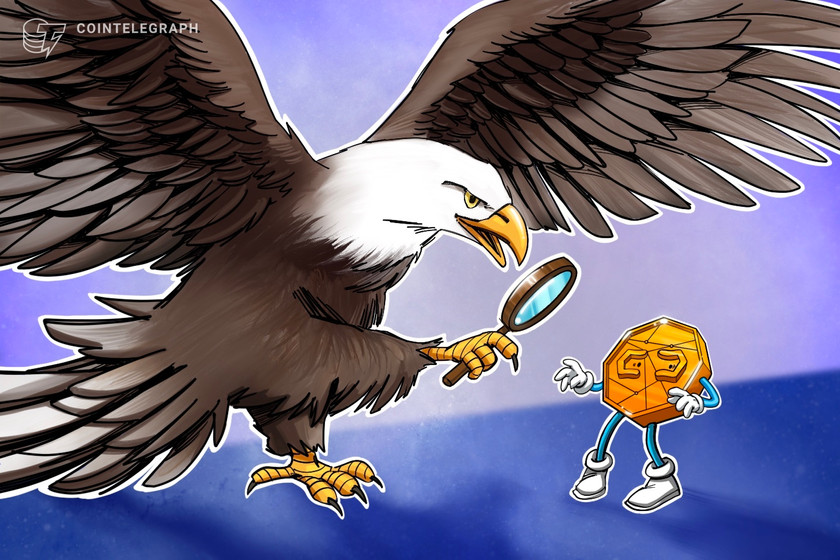Bored Ape creators and other NFT projects investigated by SEC probe


A source familiar with the matter said the SEC is looking into whether certain NFTs from Yuga Labs could be “more akin to stocks.”
Sources say that the United States Securities and Exchange Commission (SEC) probe into Yuga Labs is actually part of a wider investigation into the nonfungible token (NFT) market, which already came to light in March.
On Oct. 11, a report from Bloomberg, citing a source “familiar with the matter,” said the SEC is investigating Yuga Labs over whether certain NFTs are “more akin to stocks” and whether the sales of certain digital assets violate federal laws.
However, Cointelegraph understands that the investigation is part of the ongoing SEC probe into the wider NFT market, which is looking at whether certain NFTs and fractional NFTs could fall under federal securities laws.
In March, anonymous sources told Bloomberg that the SEC was investigating NFT creators and marketplaces regarding whether “certain nonfungible tokens […] are being utilized to raise money like traditional securities.”
A spokesperson for the SEC told Cointelegraph that it “does not comment on the existence or nonexistence of a possible investigation.”
Meanwhile, Yuga Labs appears to be looking at the bright side of things. In a statement to Cointelegraph, a spokesperson said, “It’s well-known that policymakers and regulators have sought to learn more about the novel world of Web3,” adding:
“We hope to partner with the rest of the industry and regulators to define and shape the burgeoning ecosystem. As a leader in the space, Yuga is committed to fully cooperating with any inquiries along the way.”
Bloomberg also reported the regulator is examining the distribution of ApeCoin (APE), which was given to the holders of Bored Ape Yacht Club (BAYC) and other NFTs.
Related: Anon news group makes numerous allegations against Yuga Labs and Bored Ape Yacht Club
According to the ApeCoin website, Yuga Labs is a community member in the ApeCoin DAO and will adopt APE as the primary token across its new projects.
Update (2:45 am UTC): Comments from the U.S. Securities and Exchange Commission were added to this article.












